Sustainable & Community Port
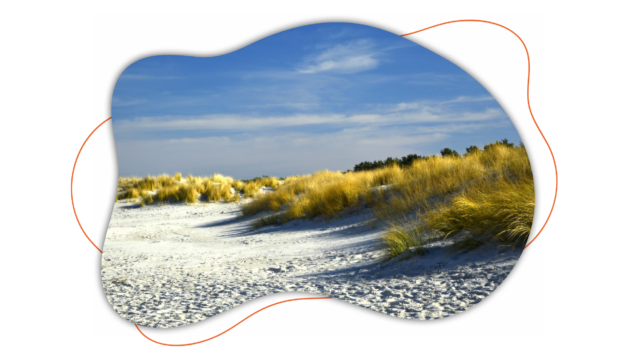
Dunkerque-Port, and more broadly all the public and private players in the region, are committed to a strategy of mitigation and adaptation to climate change.
On a day-to-day basis, our establishment also strives to reconcile development projects, natural environments and biodiversity.
The aim is to strengthen the port’s sustainable integration into its territory, while helping to improve the quality of life for local residents.

mobility
In line with the mobility plan for the agglomeration drawn up by the Communauté Urbaine de Dunkerque (CUD), Dunkerque-Port is developing new facilities to optimise access to the new economic zones while making it easier for local residents to get around.
The creation of a network of roads and cycle paths in the West Port supports the development of factories without car parks, served by express bus lines with high levels of service and accessible to soft mobility such as bicycles and scooters.
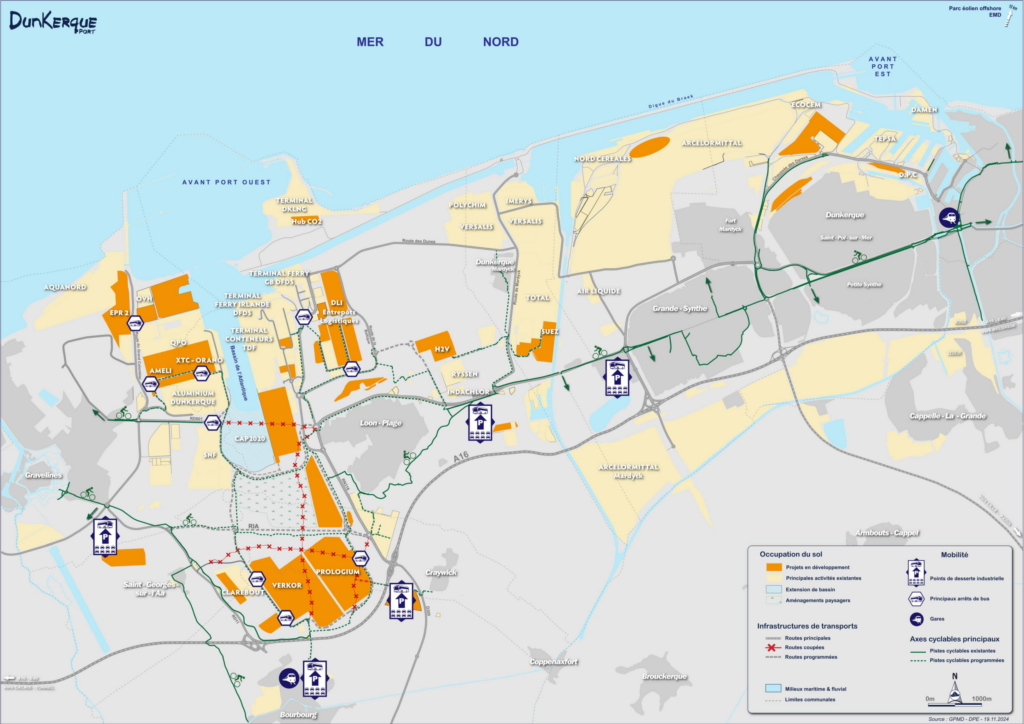
The natural heritage master plan
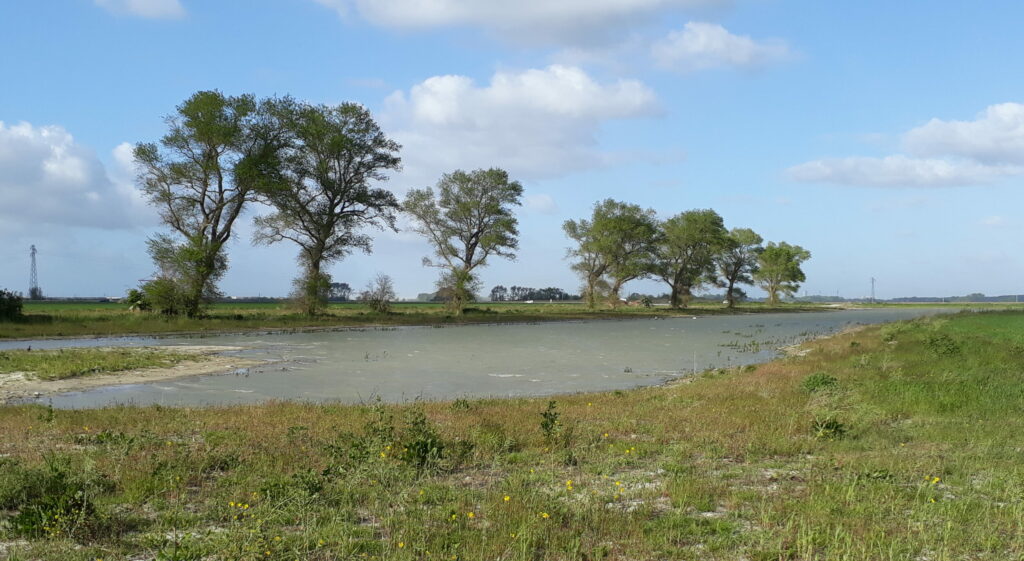
Sustainable development is at the heart of Dunkerque-Port’s mission. On a daily basis, its teams strive to reconcile development projects, natural environments and biodiversity.
In 2010, Dunkerque-Port drew up an innovative document, the Schéma Directeur du Patrimoine Naturel (SDPN), incorporating the shared global vision of the regional partners. The SDPN strikes a balance between the transformation of the port area and environmental quality by :
Conserving or creating natural habitats, true centres of biodiversity.
Connecting these biodiversity hotspots to a wider natural area, including the Flemish plain and coastline, via biological corridors.
Air quality
For several years now, Dunkerque-Port has been involved in monitoring air quality through various studies and programmes alongside the scientific and local communities.
In particular, Dunkerque-Port is supervising a bio-indicator network called “Bees, sentinels of the environment” in partnership with the Espace Santé du Littoral as part of the “Territoire d’Innovation” project. Apiaries have been set up and are maintained by the APINORD beekeeping syndicate in the port area.
As well as detecting the presence of fine particles and certain pollutants, this initiative is also helping to protect the black bee.
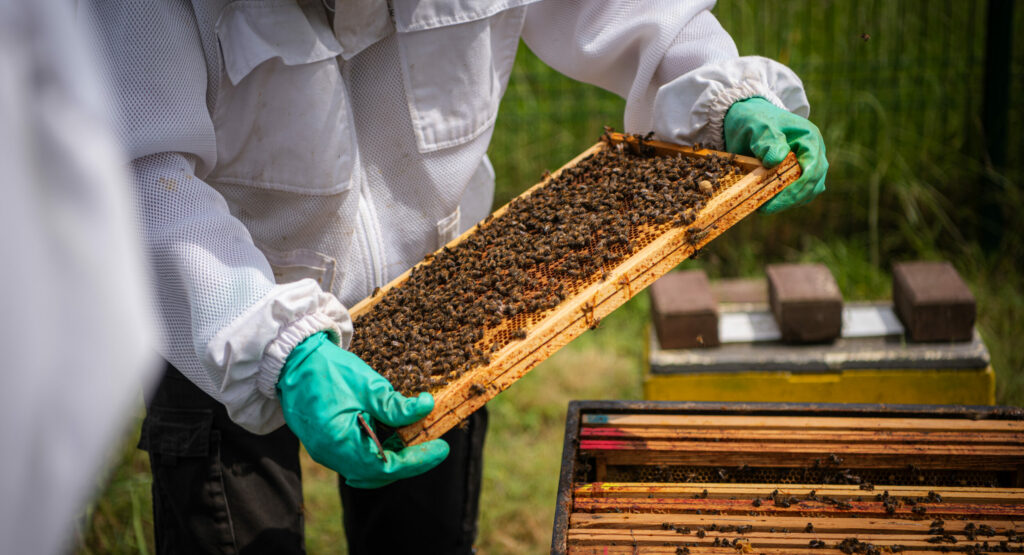
Dredging
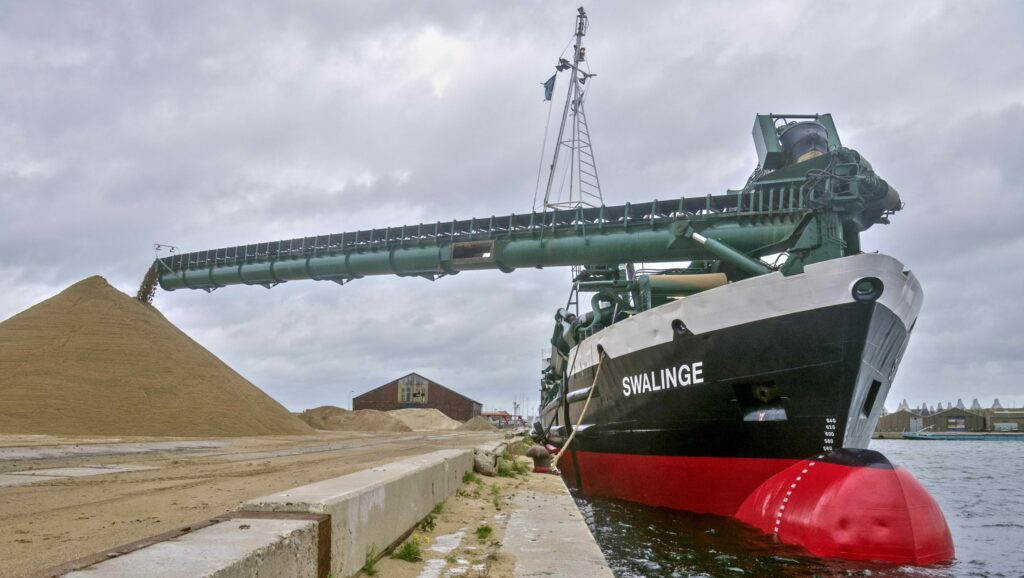
Dredging is an essential activity for maintaining the navigability of canals and ports. Since 2007, Dunkerque-Port has been committed to identifying virtuous recovery channels for sediments resulting from dredging, both on the sea side and the land side, taking into account their quality and the regulations in force.
These sectors include not only the fight against coastal erosion and dumping at sea, but also the reuse of these materials in the development of port infrastructures, thus contributing to the sustainable management of resources.
The SPE (Eco-responsible Public Services) scheme
As a public establishment of the State, Dunkerque-Port is part of the SPE system.Au quotidien, Dunkerque-port acts with :
- A more virtuous travel policy with a mobility plan
- A plan to reduce energy consumption
- Eco-responsible purchasing
- Recycling of materials and waste from its activities …
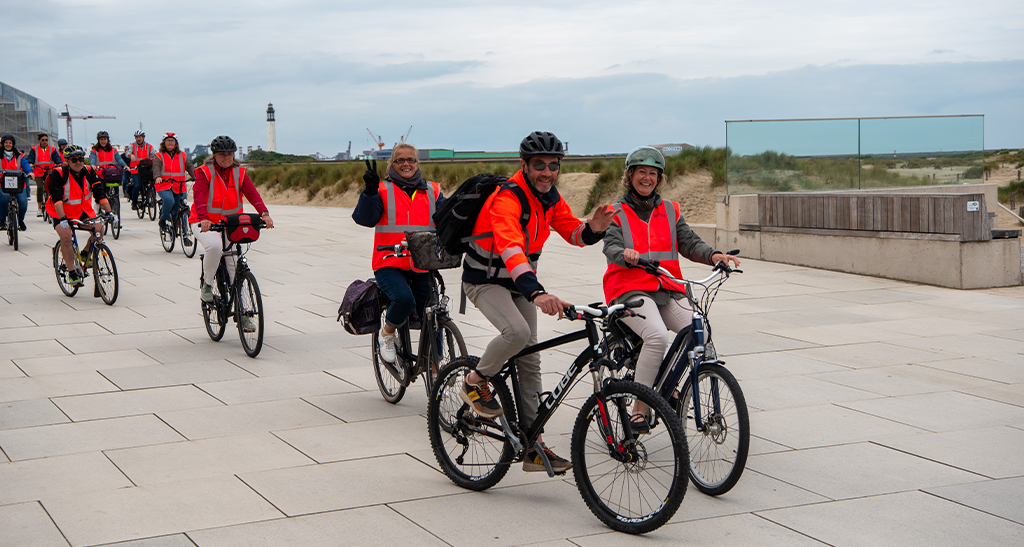
Decarbonisation
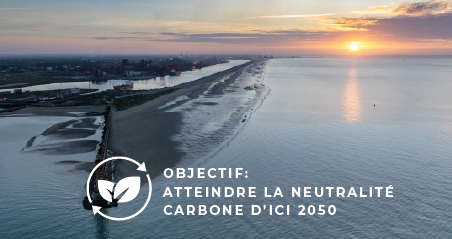
The Dunkirk industrial port area is collectively committed to reducing its greenhouse gas emissions in order to achieve carbon neutrality by 2050.
Learn moreOn a day-to-day basis, Dunkerque-Port fosters team spirit while encouraging individual initiative.
Together, we will become the eco-responsible leader in maritime, industrial and logistics activities.
In figures
dedicated to biodiversity
regulated species
of dredged sediments
used to combat coastal erosion and restore sandy ecosystems
beehives installed
to monitor air quality and the health of biodiversity.

